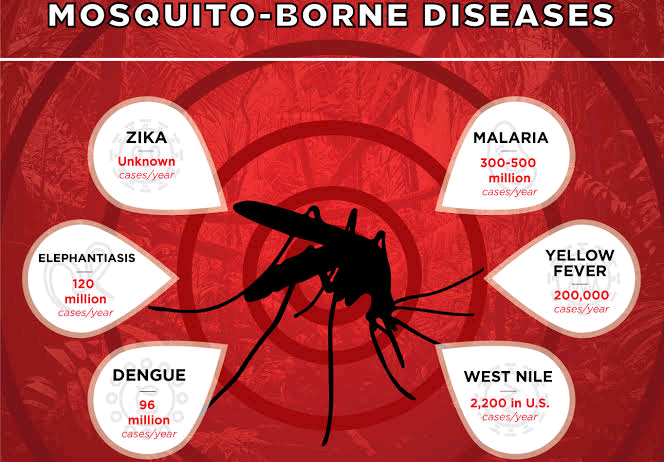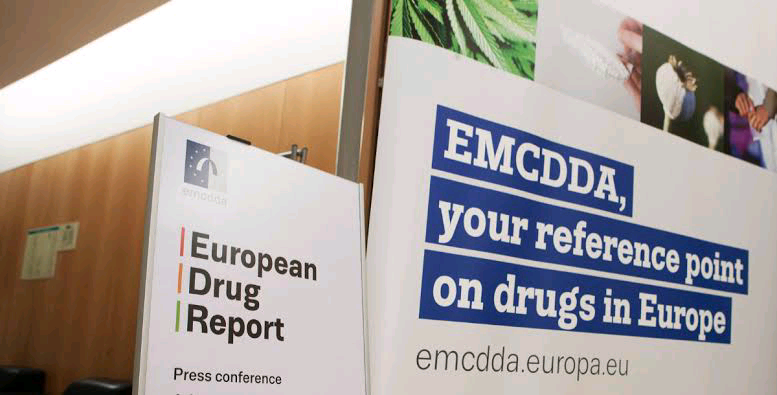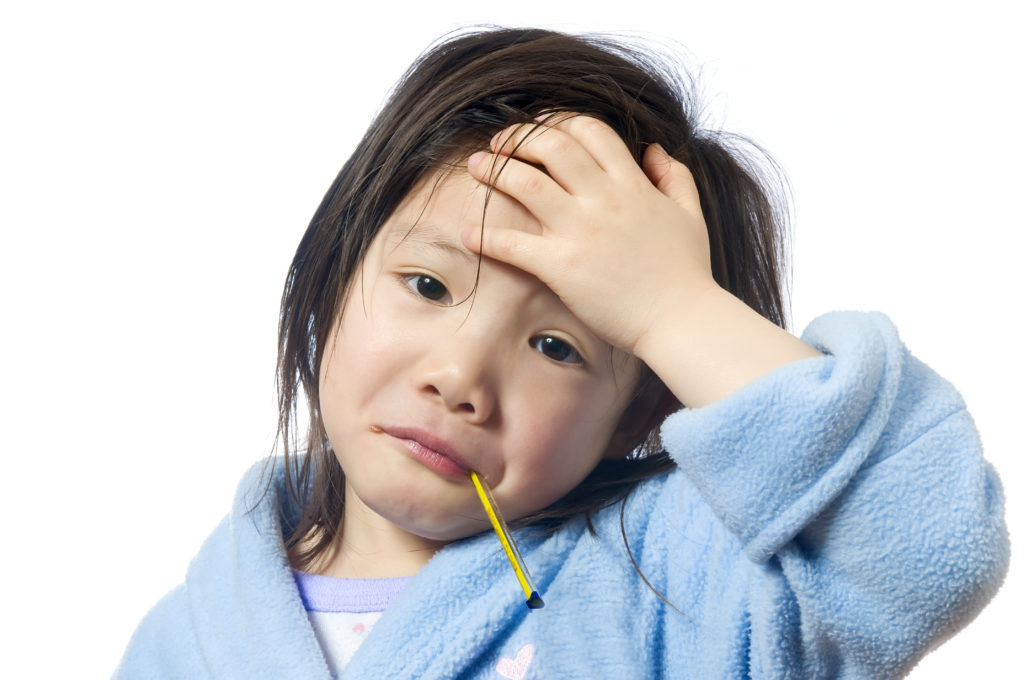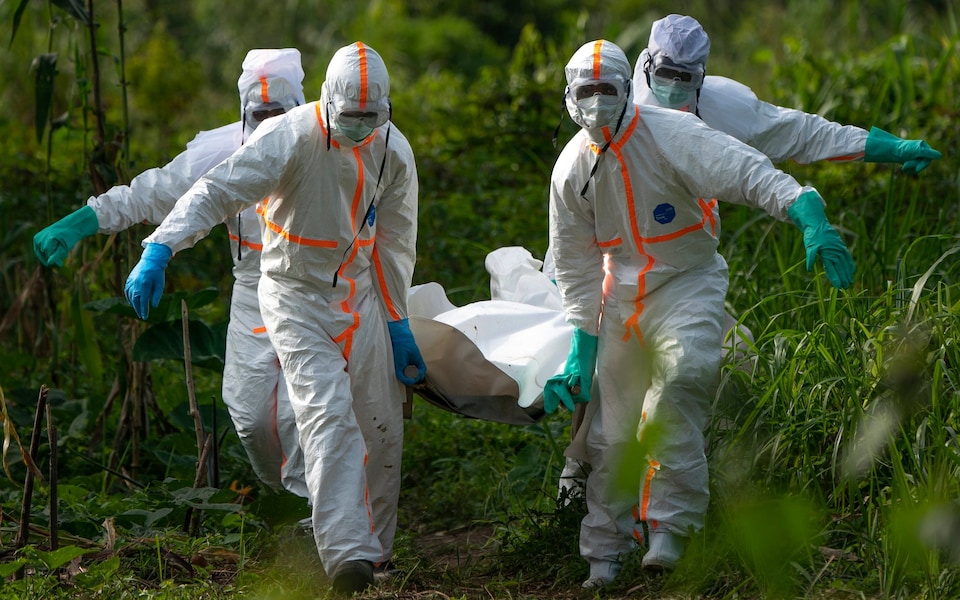A dog disease that can jump from canines to humans is now spreading between dogs in Britain for the first time, the Telegraph understands.
Brucella canis is a disease that leads to infertility in dogs and is incurable and was previously only seen in imported animals.
But Dr Christine Middlemiss, chief veterinary officer at the Department for Environment, Food and Rural Affairs, told the Telegraph there is now evidence some dogs are catching the infection in the UK.

It is not considered endemic due to low numbers and all the British dogs that caught Brucella canis had either mated with an imported dog, had contact with a pregnant imported dog, or are the offspring of an import.
“We have had spread of a case in the UK to another dog in the UK. It is through breeding in kennels,” she said.
“There is not a lot – there is very little. But that is new for us.”
A Human Animal Infection and Risk Surveillance Group report, published on Monday will reveal the risk to the public to be very low, and low for breeders.
However, there is growing concern around the disease as two people caught it this year from dogs and the number of human tests by the NHS has doubled.
Government scientists are understood to be gathering information on the possibility of implementing a screening protocol at the border to stop infected animals making their way to Britain.
Brucella canis is endemic in some parts of the world, including Eastern Europe, with Romania a hotspot for infected animals coming to the UK.

“There is no statutory requirements on import testing at the moment. We are gathering the evidence, various risk assessments are contributing to that evidence and we will consider it,” Dr Middlemiss said.
‘I do advise pre-import testing’
“I do advise at the moment that voluntary testing, pre-import testing, is a really sensible thing to do. If you’re bringing dogs in to breed then it would absolutely make sense to pre-import screen those dogs.”
The report’s advice to people with affected dogs has not changed, with euthanasia still the only option available to definitely stop the spread of onward transmission. The decision also still lies with the owner, a bone of contention for vets and owners who were hoping for more clarity.

Dr Middlemiss said euthanasia is still the only reliable way to ensure there is no risk of spread as antibiotics, even multiple courses for long periods, are not guaranteed to eradicate all the infection.
But a Brucella canis positive result is not a definite death sentence, with hope for infected dogs such as Albus and Spencer, the potentially infected guide dogs who were put in quarantine despite concerns their tests were false positives.
She suggested owners, vets and doctors should look at a range of factors to determine the best course of action.

“It is very difficult to set blanket black and white advice,” she said.
“For some people [euthanasia] might not be the right advice and they’ve got to take into account their personal circumstances.
“For me, I don’t have a dog at the moment, but the last dog I had was a UK dog, not in contact with others, if it was in contact it was under controlled conditions. I don’t have children. I’m not breeding dogs. There is a low risk of spread.
“But if you were a breeder of dogs and you end up having [a case] and you have multiple kennels, maybe lots of people have to look after them, then I think their circumstances are different.

High rate of false positives
“People’s risk appetite around that may be different, and it’s acceptable for it to be different. It would not be right for us to dictate an acceptable risk level to them. They have to work through that as an owner with their vet.”
There has been concern over a high rate of false positives, with as many as one in 50 positive cases erroneously deemed to be infected.
Dr Middlemiss said the issues were with some of the components used in the assay not being up to scratch, not the test itself, which is done at the Animal and Plant Health Agency headquarters in Weybridge.
“My advice would be for the vet, in cases where people are still concerned [about false positives], to speak directly to the disease and testing experts at Weybridge. They’re the best people to speak to in order to get advice on cases,” she said.
“For lots of tests you do not necessarily get a black and white answer, it is on a spectrum. We take into account the circumstances of the animals, the epidemiology and so on.
“And so, where people have any doubt I would advise vets to speak directly to disease colleagues at Weybridge.”









